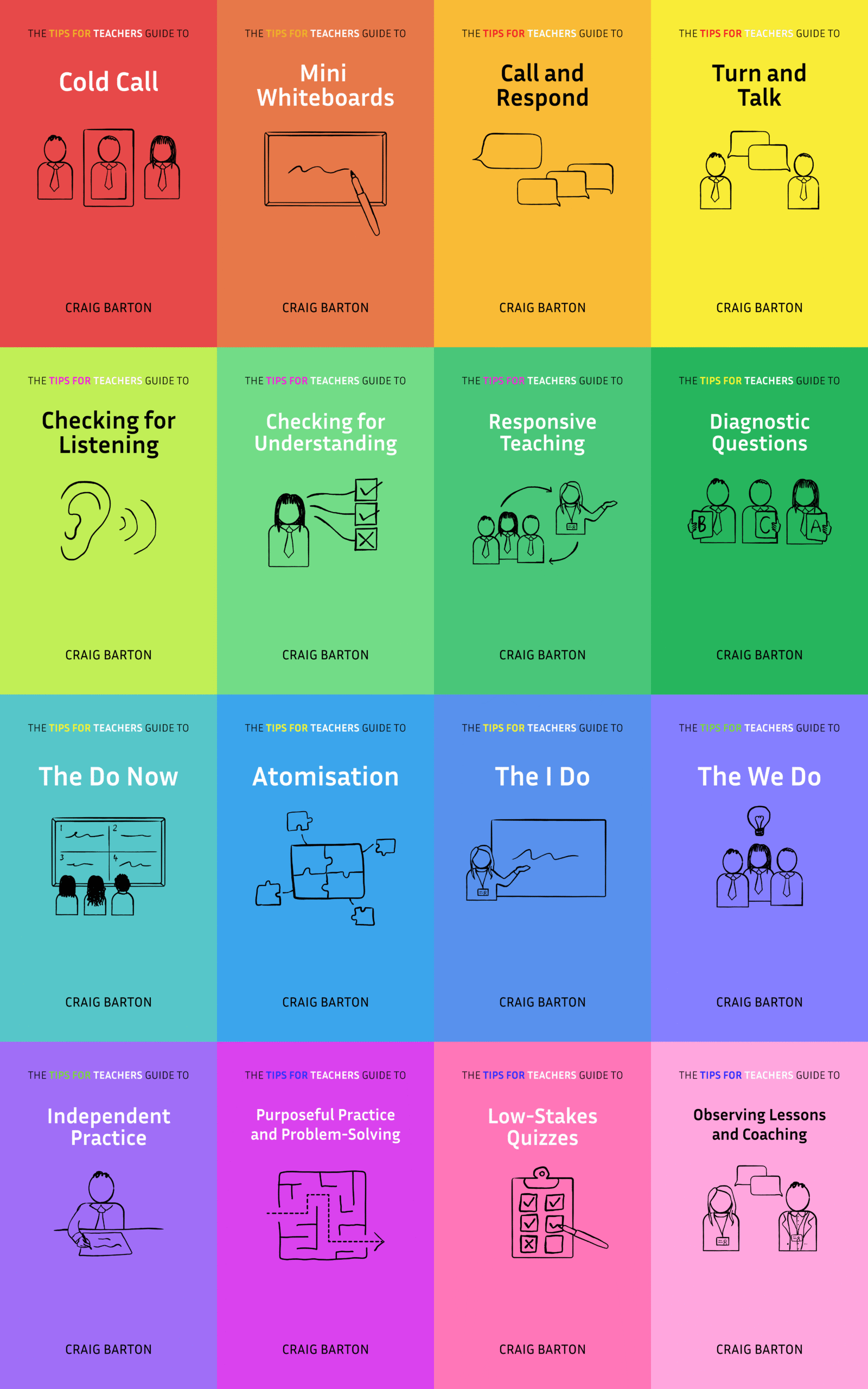Summary
This YouTube transcript discusses the importance of planning questions as a crucial part of lesson planning for teachers. The speakers emphasize that well-designed questions, incorporated into lessons as “hinge points,” provide valuable formative assessment data. They advocate for using multiple-choice questions over methods like cold-calling to gather broader student feedback. The speakers highlight the need to define learning objectives concretely through example questions, ensuring alignment between planned questions and the lesson’s goals. Finally, they stress that including planned questions in lesson plans clarifies expectations for both teachers and students.
What are the implications for teachers?
Based on the provided source, here are some implications for teachers:
- Teachers should plan the questions they will use to check for understanding as part of their lesson planning process. This means that instead of just planning activities, teachers should also think about how they will assess whether students have understood the material.
- Teachers should avoid relying on the “smartest kid in the room” to gauge the understanding of the class. Using techniques such as cold calling can help teachers get a broader understanding of student learning.
- Multiple choice questions can be a useful tool for teachers as they make it easier to process data about student understanding, compared to reading through many whiteboards or open-ended responses.
- Good questions are hard to write and teachers should be aware of this. They should plan them in advance, collaborate with colleagues, and refine their questions to ensure they are effective.
- Teachers should focus on the depth of evidence, and ask questions that are worth asking, rather than simply any question to check understanding. Some questions may allow a student to get the right answer, even with the wrong thinking, so careful planning of the questions is important.
- Teachers should include examples of the types of questions they want students to be able to answer in their schemes of work. These questions could then be used as “hinge point” questions to check for understanding and determine if they need to move on with the lesson.
- Assessments help to make abstract concepts concrete. By creating specific questions, teachers can clarify their own understanding of what it means for a student to have grasped a concept.
- Teachers should aim for questions that are specific and clear for students. Lesson objectives can be unclear, whereas a question can be much more concrete for students to understand.









